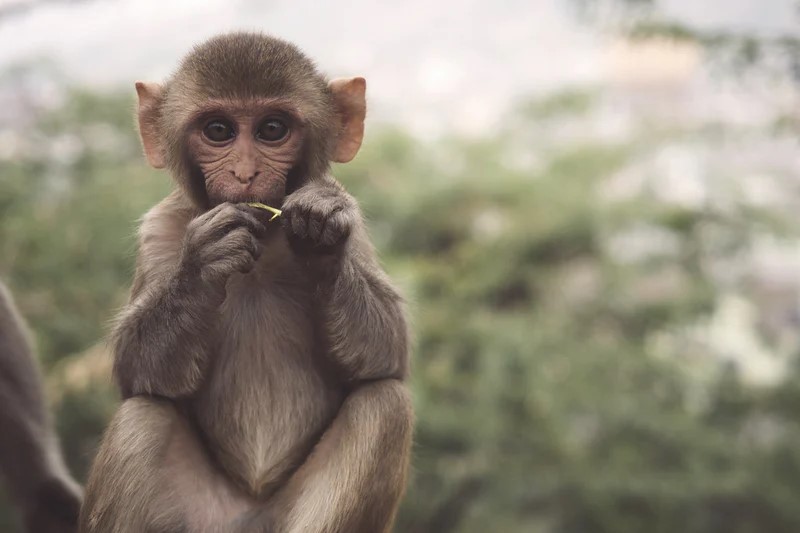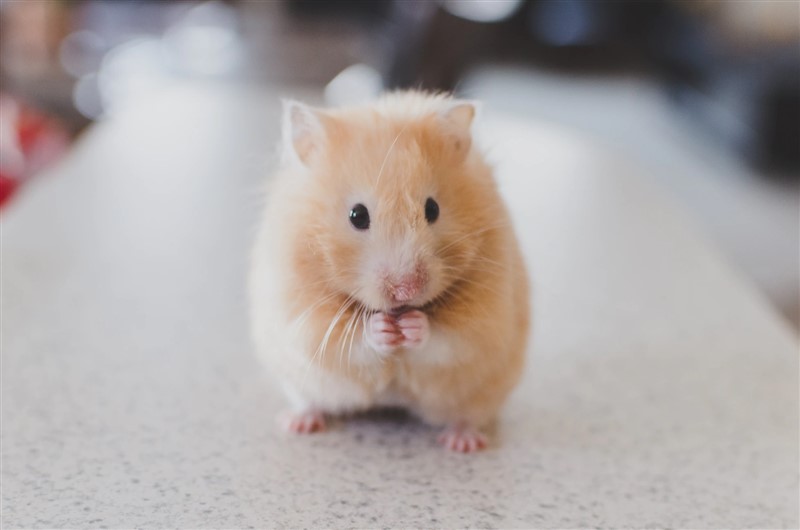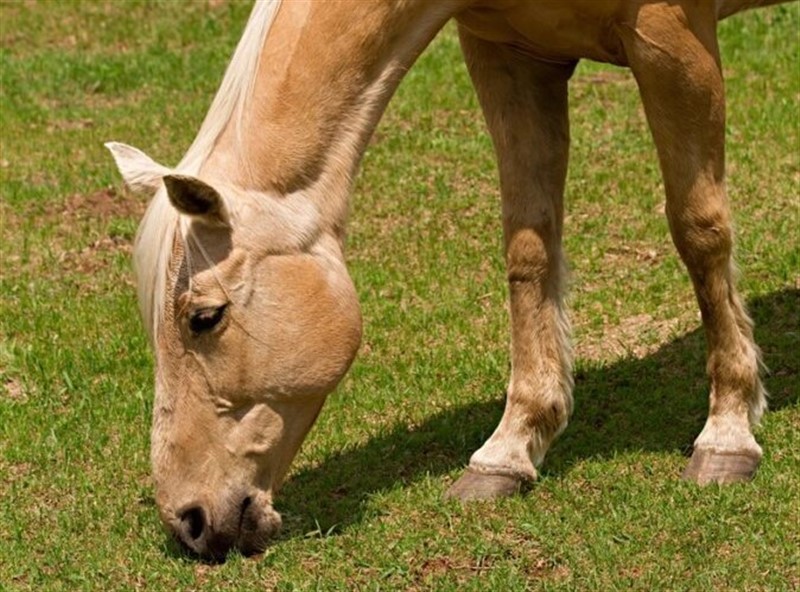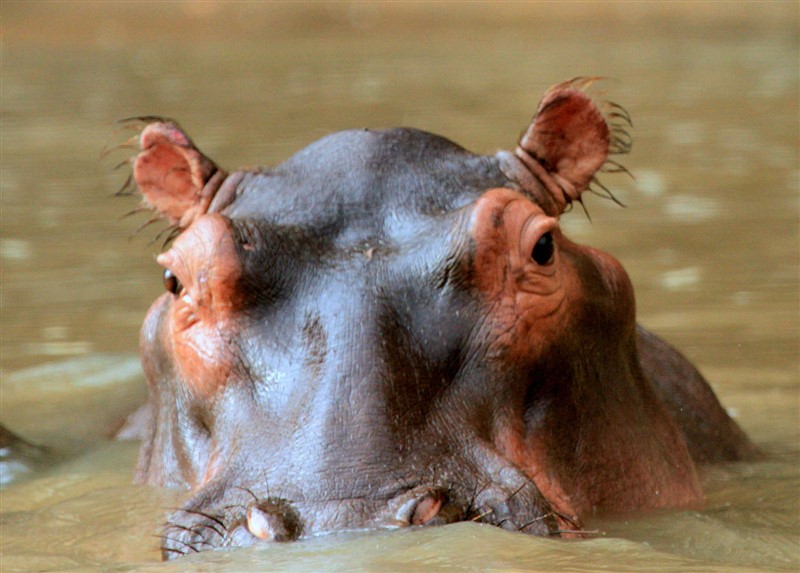-
Kevin
-
 October 31, 2020
October 31, 2020
-
 The Plural of...
The Plural of...
The Plural of Monkey: Here’s What It Is and How to Use It
If you are wanting to learn more about the cute little fuzzy creatures that swing through trees you’ve come to the right place. In this article, we will talk about what monkeys are, the plural form of this specific word in the English language, the history and origin of the word, synonyms, and examples of the word used in sentences.
What Is the Definition of the Word Monkey?
The word monkey is defined as:
- A nonhuman primate mammal with the exception usually of the lemurs and tarsiers
- Especially: any of the smaller longer-tailed catarrhine or platyrrhine primates as contrasted with the apes
- A person resembling a monkey
- A ludicrous figure: DUPE
- Any of various machines, implements, or vessels
- Especially: the falling weight of a pile driver
- A desperate desire for or addiction to drugs —often used in the phrase monkey on one’s back
- Broadly: a persistent or annoying encumbrance or problem
– To act in a grotesque or mischievous manner
– FOOL, TRIFLE —often used with around
– He likes to monkey around with engines
– TAMPER —usually used with with
– Don’t monkey with the settings
There are over 260 types of monkeys divided into two different categories: Old World or New World monkeys. Old world monkeys are from Asia or Africa and are recognized by not having a long tail but rather a rump pad. They also have pockets in their cheeks to store food and their nostrils are small, curved, and set close together. On the other hand, New World monkeys have the long tail that we typically think of when we think of a monkey. They do not have special cheek pads or rump pads and their nostrils are round and set far apart.
Monkeys come in a variety of shapes, sizes, and colors. The world’s smallest monkey is known as the pygmy marmoset weighing in at a tiny four ounces. The largest monkey is the Mandrill (proper noun). This big guy weighs in at seventy-seven pounds and is about three feet tall.

What Is the Plural Form of Monkey?
The plural form of monkey is simply monkeys, not monkies. It is always so nice when you simply can add an “s” to take a word from the singular noun to the plural noun without having to think about a bunch of different rules and apostrophes. When talking about monkeys, you will most often use the plural form because they are very social creatures. It’s important to pay attention to subject-verb agreement when using uncommon singular nouns. The collective noun for a group of monkeys is called a mission, tribe, troop, or cartload. In these tribes, monkeys take care of one another and work together to take care of the young. There is a pecking order within a tribe and it will always be led by an alpha male. Monkeys are polygyny, meaning the males will mate with more than one female. Monkeys love to play (think: monkeying around for the present participle or monkeyed for the past participle), cuddle, and will work together to protect one another.
Cool Monkey Facts
Did you know that a monkey was the first living creature in space? This history-making little monkey was a rhesus monkey named Albert. He was launched into space on June 11, 1948.
A female monkey will wait to mate if there is not a good source of food, and even in the best condition will only have offspring once every two years.
Most monkeys are not monogamous except for the South American TIti monkey. These romantic primates mate for life and even show affection for one another by holding hands and kissing.
The History and Origin of the Word
There is a record of the word monkey being used as late as the 1520s. Most languages have their own version of the word since monkeys are native to many different countries. Some of the original forms of the word were moneke (German), monnekijn (Dutch), monne (French), and mona (Spanish). The English word, ape, is believed to be from the German language.
There is also a good amount of slang regarding the common noun monkey. It has been used to refer to children since the 1600s. “To make a monkey of” became a saying in the 1800s, and “to have a monkey on one’s back” came from the 1900s. This silly saying came from folklore about an ape-like creature that gets on your shoulders and won’t get off.
Synonyms for Monkey
- Hellion- an appealingly mischievous person
- The little hellions were tearing through the house squirting their water pistols
- Imp- an appealingly mischievous person
- Scooped up the little imp and took him to bed
- Mischief- playful, reckless behavior that is not intended to cause serious harm
- The children claimed that setting off a firecracker was harmless mischief, but they got a lecture anyway
- Rascal- a mean, evil, or unprincipled person
- Some cold-blooded rascal had set the barn afire, killing all of the horses
- Devil- capitalized the supreme personification of evil often represented as the ruler of hell
- The Devil is traditionally seen as a being who relentlessly tempts people to commit evil
- Addiction- a physiological need for certain drugs
- An addiction to heroin
Examples of the Word in Context
- The researchers also identified bones from the bonnet macaque, a smaller monkey native to the same region.
Alex Fox, Smithsonian Magazine, “Monkeys Found Buried in 2,000-Year-Old Egyptian Pet Cemetery,” 27 Aug. 2020
- The study found that oleandrin could block the coronavirus in monkey cells in a test tube.
Heather Murphy New York Times, Star Tribune, “Doctors warn that oleandrin, touted by Trump, is deadly plant chemical,” 27 Aug. 2020
- Like yarn stretched across a bulletin board in a scene from a police procedural, this early monkey brain network was difficult to parse link by link.
Grace Huckins, Wired, “A Radical New Model of the Brain Illuminates Its Wiring,” 17 Aug. 2020
Word of the Day
As you can see there are so many interesting things about monkeys. Now you are almost an expert on not only the word monkey and its plural form according to English spelling rules, but you also know some really fun and interesting things about monkeys that you can use to help with your language arts essay writing, grammar practice & study guide, or standardized test prep for the Scholastic Aptitude Test (SAT) or the Armed Services Vocational Aptitude Battery (ASVAB)!
Sources:
- https://www.merriam-webster.com/dictionary/monkey
- https://www.livescience.com/27944-monkeys.html
- https://www.etymonline.com/word/monkey
- https://www.smithsonianmag.com/smart-news/monkeys-found-buried-2000-year-old-egyptian-pet-cemetery-180975667/
- https://www.startribune.com/doctors-warn-that-oleandrin-touted-by-trump-is-deadly-plant-chemical/572245802/
- https://www.wired.com/story/a-radical-new-model-of-the-brain-illuminates-its-wiring




